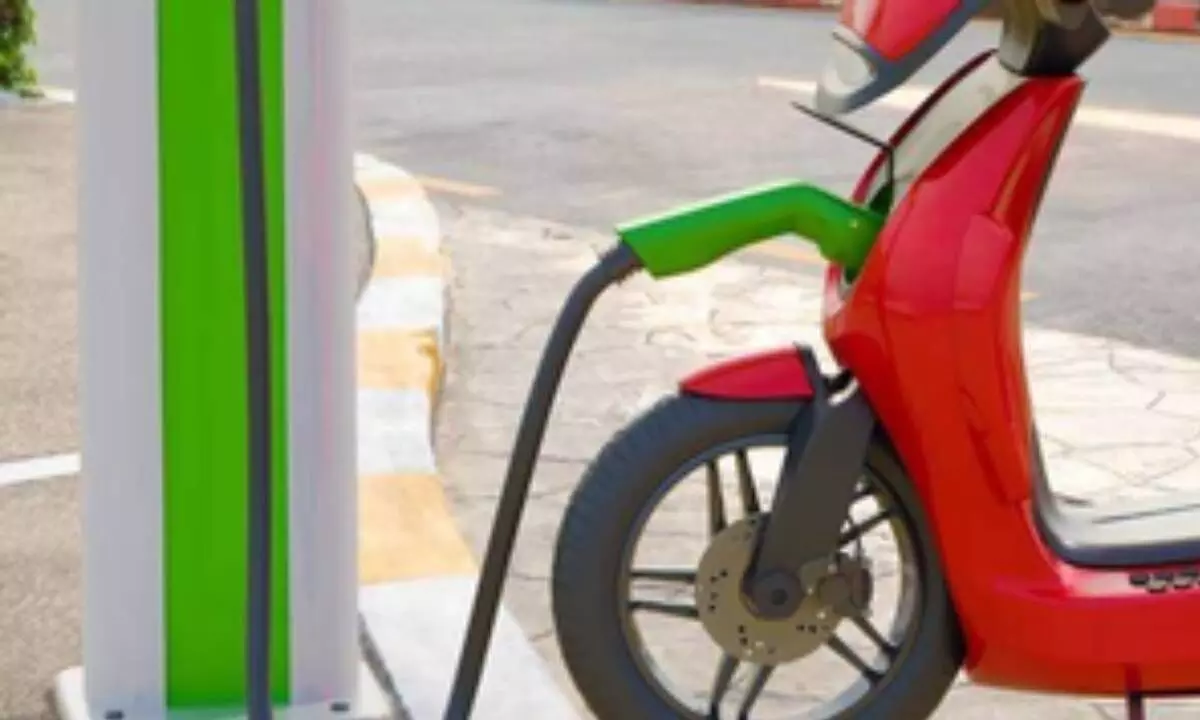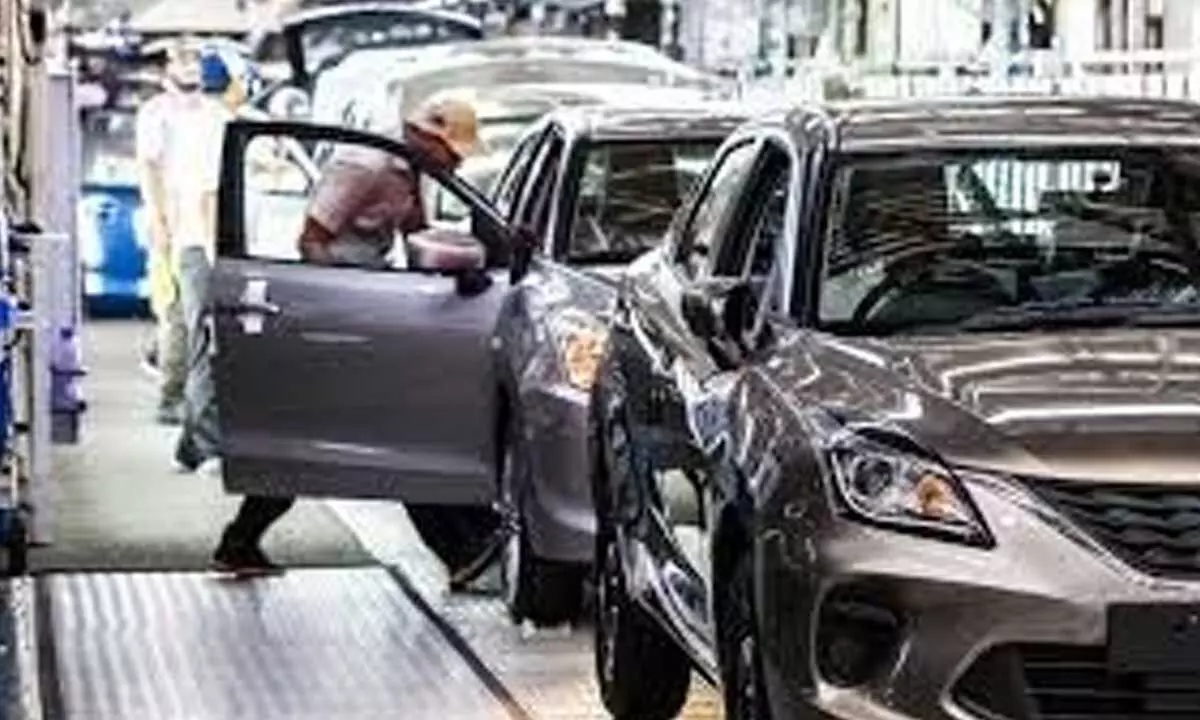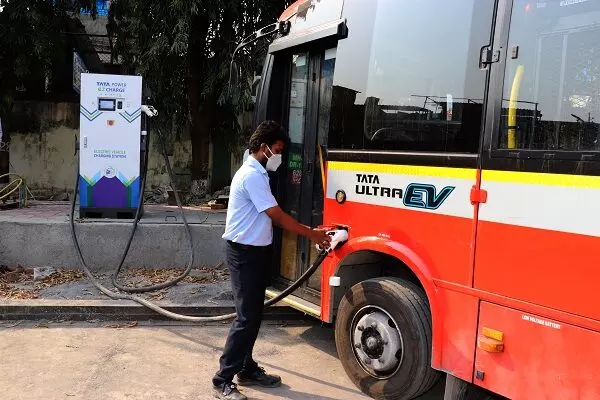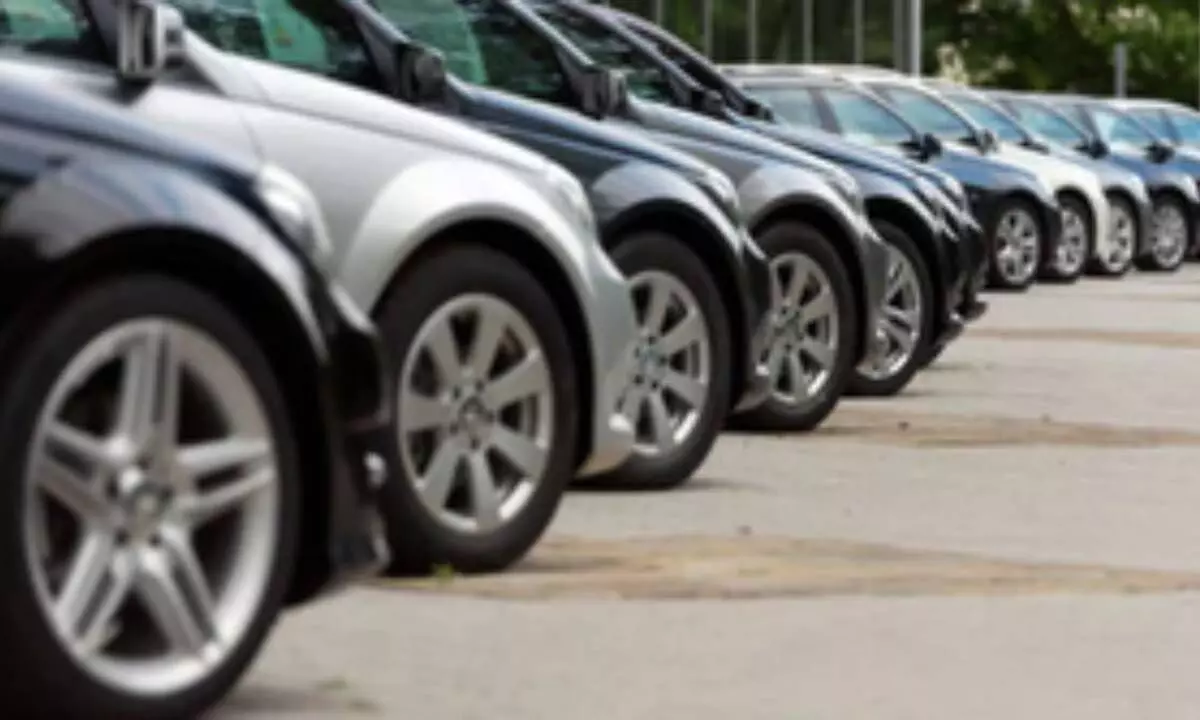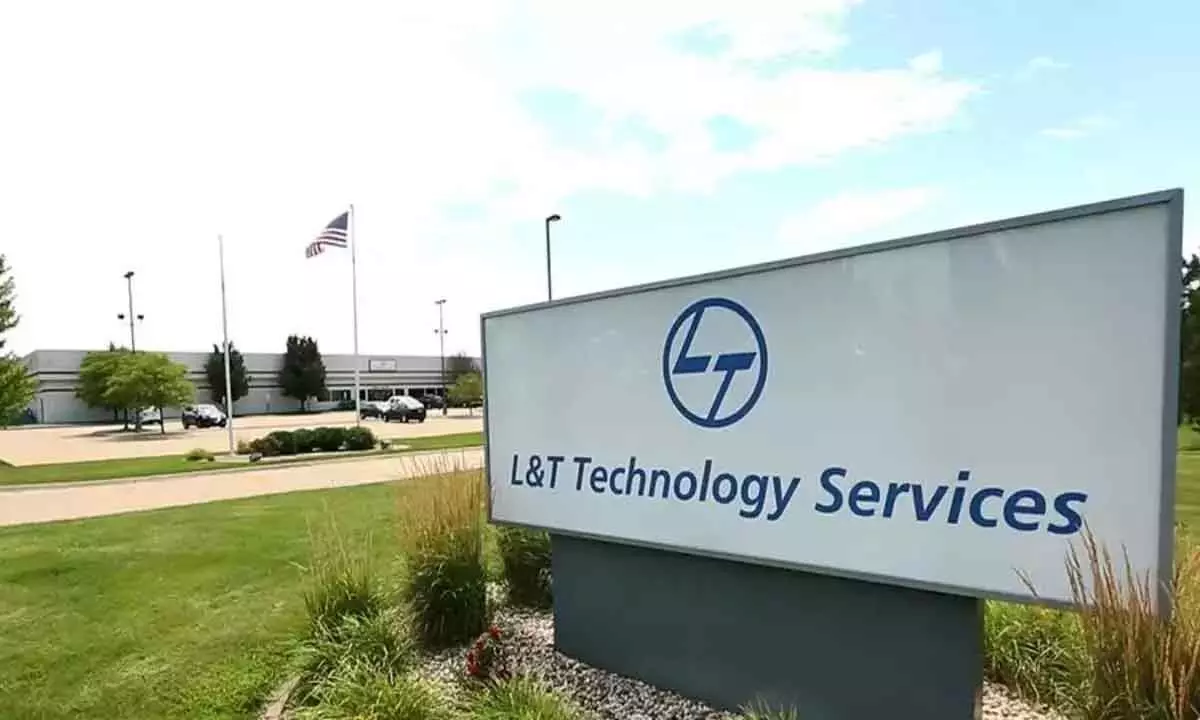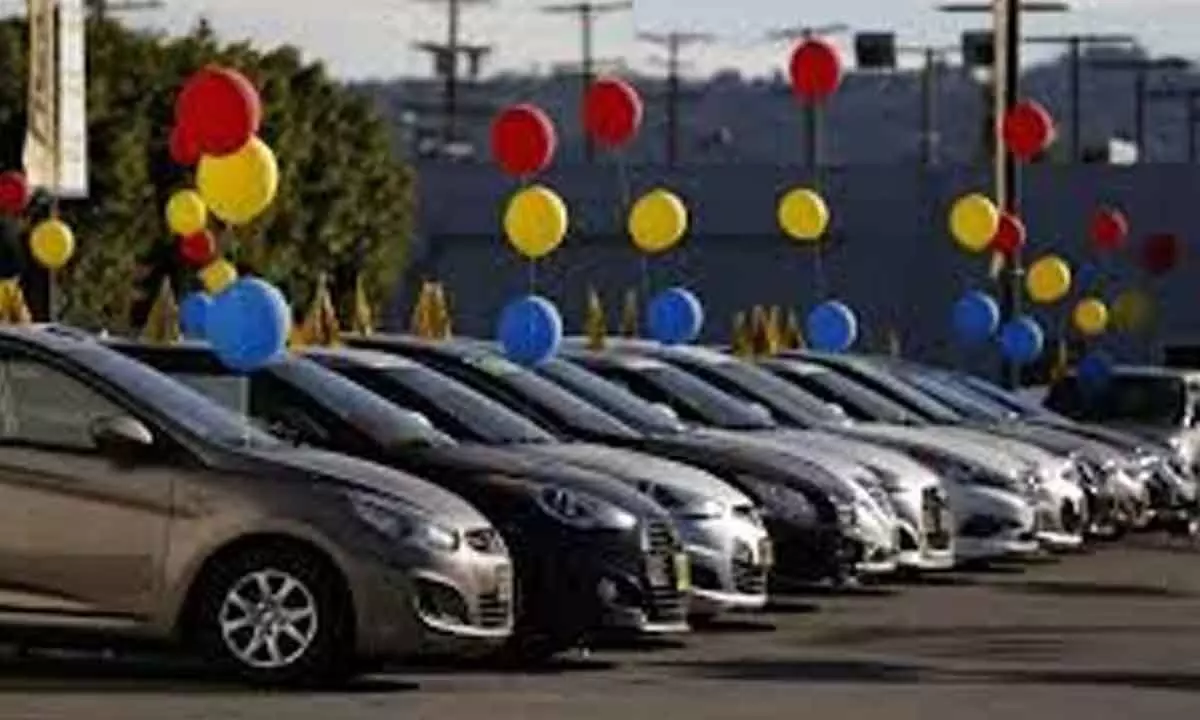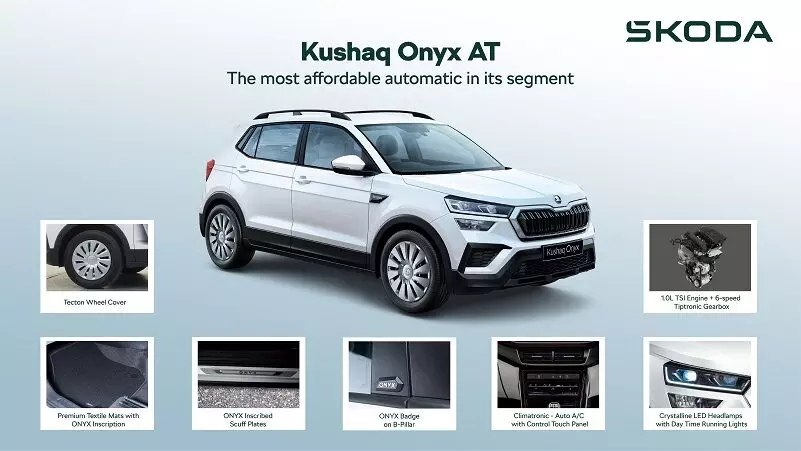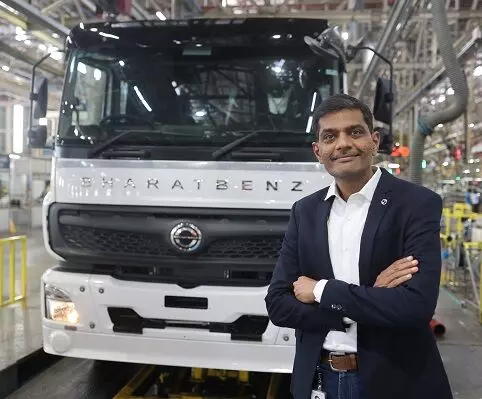New Delhi: Domestic passenger vehicle retail sales declined 1 per cent year-on-year in May, as blistering summer heat and elections impacted demand, automobile dealers’ body FADA said on Monday.
Passenger vehicle registrations dipped to 3,03,358 units last month, as compared with 3,35,123 units in May 2023. “Dealers cited the impact of elections, extreme heat and market liquidity issues as major factors for the dip in sales last month,” the Federation of Automobile Dealers Associations (FADA) President Manish Raj Singhania said.
Despite better supply, some pending bookings and discount schemes, the lack of new models, intense competition and poor marketing efforts by original equipment manufacturers (OEMs) also affected sales, he added. Additionally, the month saw increased customer postponements and low enquiries, Singhania stated. Due to the extreme heat, the number of walk-ins to showrooms dropped by around 18 per cent, he said. Two-wheeler sales rose 2 per cent to 15,34,856 units in May, as against 14,97,778 units in the same month last year.
Singhania said positive rural demand on account of good rains in some regions and improved finance availability kept the counters ticking. Three-wheeler retails rose 20 per cent year-on-year to 98,265 units last month. While commercial vehicle sales witnessed an increase of 4 per cent at 83,059 units last month, as compared to 79,807 units in May 2023. “Despite growth due to a low base from last year and increased bus orders, the industry faced challenges due to wholesale pressures, government policy effects, and negative market sentiment,” Singhania said.
He noted that the near-term outlook for automobile retail is ‘cautiously optimistic’, influenced by a mix of positive and challenging factors across various segments. Government formation is expected to bring stability and improve market sentiment, Singhania said. Dealers are hopeful about better supplies and positive movement in key sectors like cement, coal and iron ore, he said.
Above normal rains during monsoon, is expected to enhance rural demand and support economic activities, he added. “However, extreme weather, such as heatwaves and heavy rains, along with the reopening of schools in July, might delay purchase decisions,” Singhania said. Challenges persist, including intense competition, lack of new model launches and poor marketing efforts by OEMs, he said. FADA, which represents over 15,000 automobile dealerships having over 30,000 dealership outlets, collated sales data from 1,360 out of 1,503 RTOs across the country.
